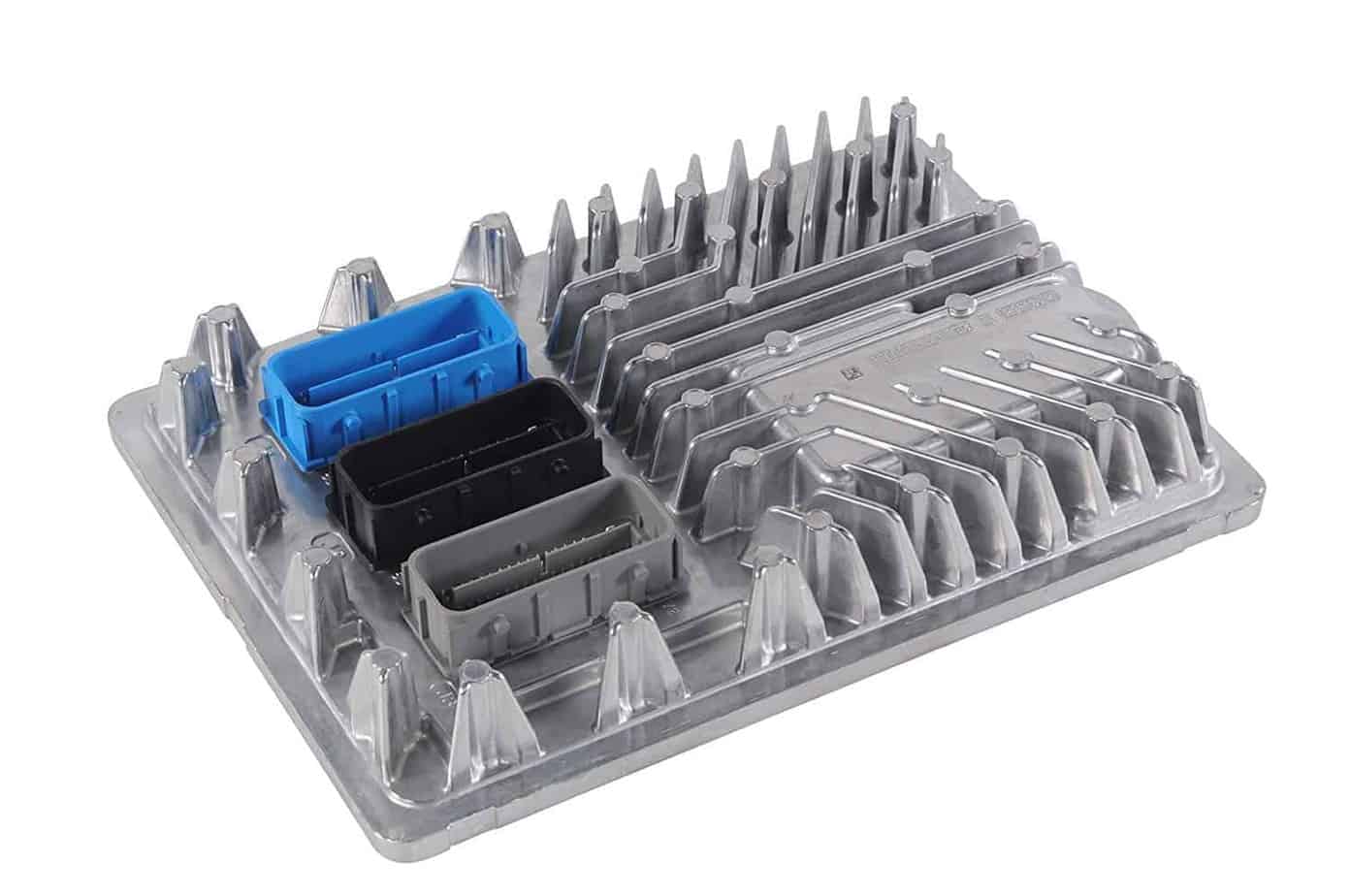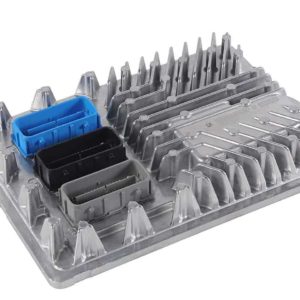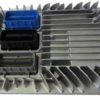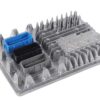Is Your GM Vehicle Running Rough, Stalling, or Refusing to Start?
If you’re dealing with baffling engine problems like erratic idling, poor fuel economy, a no-start condition, or a dashboard full of warning lights, the root cause is often the Engine Control Module (ECM). As the central computer for your engine, a failing ECM can create a cascade of issues that are frustrating and difficult to diagnose. In my 20+ years in the shop, I’ve seen countless drivers replace expensive sensors and fuel pumps, only to find the problem was the ECM all along.
The Direct, Reliable Solution: Pre-Programmed for Your Vehicle
This isn’t just a replacement part; it’s a complete solution. We take a genuine GM Engine Control Module and flash it with the latest official software releases from General Motors, specifically matched to your vehicle’s unique Vehicle Identification Number (VIN). This ensures seamless communication with your vehicle’s other systems and restores factory performance and efficiency.
- ✔ VIN-Programmed Service: We handle the complex programming for you. Just provide your VIN at checkout, and the module arrives ready for the final installation steps.
- ✔ Latest GM Calibrations: Your ECM will have the most current software, addressing potential factory bugs and improving performance.
- ✔ Restores Peak Performance: Corrects issues like poor fuel mixture, incorrect timing, and faulty sensor readings.
- ✔ Broad Compatibility: A direct replacement for multiple part numbers, ensuring a perfect fit for a wide range of GM cars, trucks, and SUVs.
Expert Pro Tip: Check Your Connections First
Before condemning your old ECM, take a moment to inspect the main harness connectors. Over time, pin corrosion from moisture can cause intermittent communication faults that mimic a failed computer. A quick spray with an electronics-safe contact cleaner and a visual check for any bent or corroded pins can sometimes save you a lot of diagnostic headaches. I had a 2017 Sierra in the bay that had intermittent stalling; cleaning a single corroded pin on the ECM connector fixed it completely. It’s a 5-minute check that’s always worth doing.
Simple Installation and Final Setup
Replacing the ECM is a straightforward process. While this module is pre-programmed with your engine’s operating software, a final security handshake with your vehicle is often required. This is a standard procedure for modern vehicles.
- Safety First: Disconnect the negative terminal from your vehicle’s battery.
- Locate the ECM: On most listed models, it’s found in the engine compartment (check your specific model for exact location, e.g., under the cowl on a Corvette).
- Disconnect and Remove: Carefully unplug the electrical connectors and unbolt the old module from its mounting bracket.
- Install the New Module: Bolt the new ECM into place and securely reconnect the electrical harnesses. Ensure they click into place.
- Reconnect Battery: Re-attach the negative battery terminal.
Important Final Step: Vehicle Theft Deterrent System (VTD) Relearn
After installation, if your vehicle cranks but does not start, it’s typically because the VTD system needs to be synchronized with the new ECM. This is a security feature, not a defect. This relearn procedure must be performed using a professional GM-compatible scan tool with access to their programming software (such as Tis2web or Techline Connect). This is the responsibility of the installer. Depending on your vehicle’s configuration, other minor relearns (like for crankshaft position or fuel injectors) may also be necessary to achieve optimal performance.
Guaranteed to Fit and Function
This ECM is a direct replacement for the following part numbers:
12692068, 12704476, 12686382, 12674052, 12674472, 12678815
It is compatible with the following vehicles and options:
- 2017 Cadillac ATS (3.6L, VIN Y – LF4)
- 2017 Cadillac CTS (6.2L Supercharged & 3.6L Twin Turbo VIN 8 – LF3)
- 2017 Cadillac Escalade & Escalade ESV
- 2017 Cadillac XTS (3.6L, VIN 8 – LF3)
- 2017 Chevrolet Corvette (RH cowl under dash)
- 2016-2018 Chevrolet Silverado 1500
- 2017 Chevrolet Suburban 1500
- 2017 Chevrolet Tahoe
- 2016-2018 GMC Sierra 1500 & Sierra Denali 1500
- 2017 GMC Yukon & Yukon XL 1500



